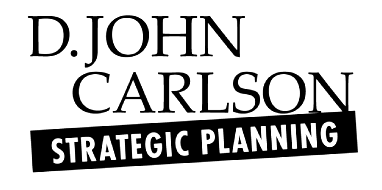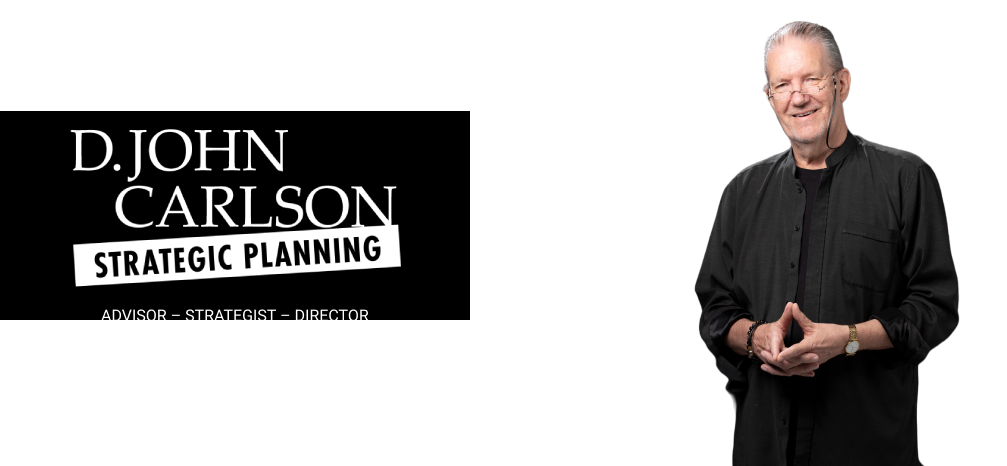Researchers Manoj Thomas, Daniel H. Simon and Vrinda Kadiyali conducted many studies looking at the effects of precise pricing. Precise pricing involves using a price that avoids round numbers and appears precise. $211.35 is considered precise. $210.00 is considered rounded. A recent study found that ‘precise prices’ (say $395,425) are most often judged less than […]
Researchers Manoj Thomas, Daniel H. Simon and Vrinda Kadiyali conducted many studies looking at the effects of precise pricing. Precise pricing involves using a price that avoids round numbers and appears precise. $211.35 is considered precise. $210.00 is considered rounded. A recent study found that ‘precise prices’ (say $395,425) are most often judged less than ‘round number prices’ (say $395,000) of similar magnitudes. Another study found that participants were willing to pay more for a house when the seller used precise pricing (say $364,578) rather than round-number pricing (say $365,000). Precise pricing has been consistently found to be more attractive to consumers. Analysis suggests that consumers view such pricing as better value. Research by Michael Santos, Craig Leve, and Anthony Pratkanis looked at the impact of precision in panhandling or begging. Students were recruited to beg – requesting one of three amounts asking passers-by – ‘Can you spare …’. The study found…


 Back
Back